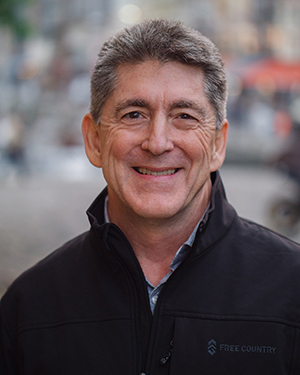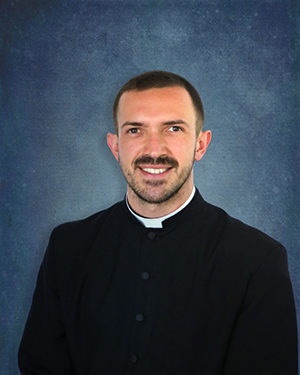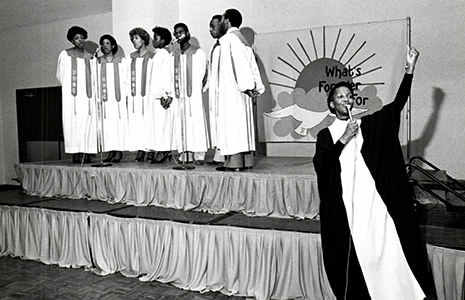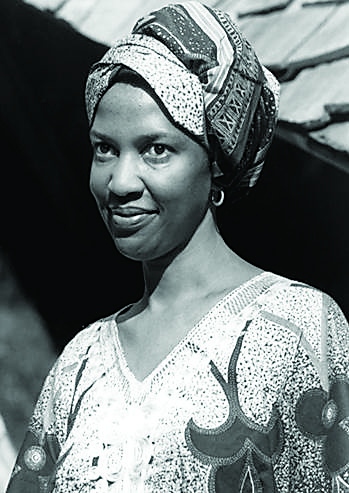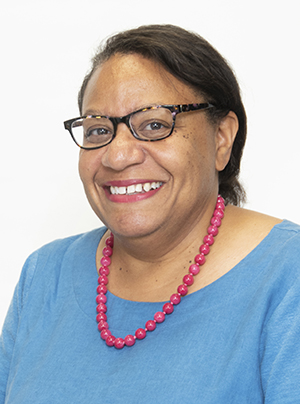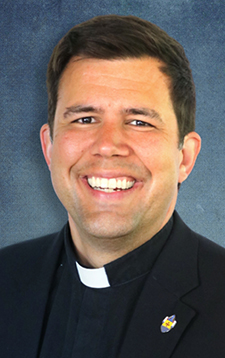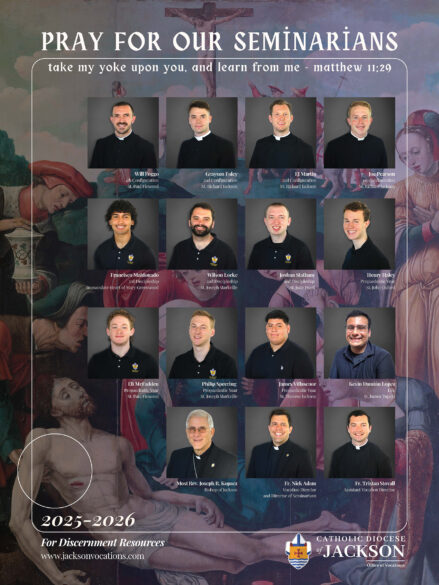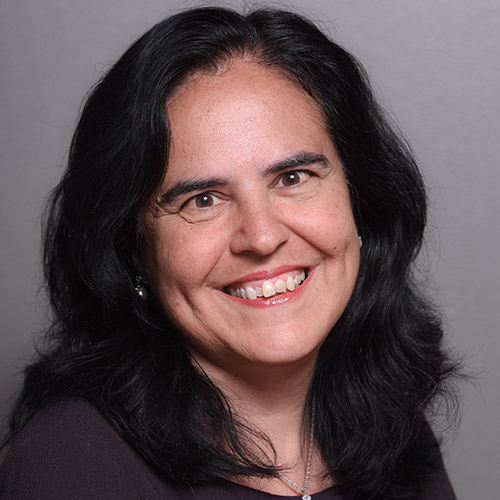By Effie Caldarola
A few years ago, Marie Kondo, a Japanese organizing consultant, established a career by encouraging people to declutter.
“What gives me joy?” she told us to ask ourselves. If it doesn’t give you joy, out it goes.
I’ve repeated that little mantra, often with a touch of sarcasm, as I prepare our old house for a major interior paint job. Everything comes off the walls and shelves, nothing remains on the counters.
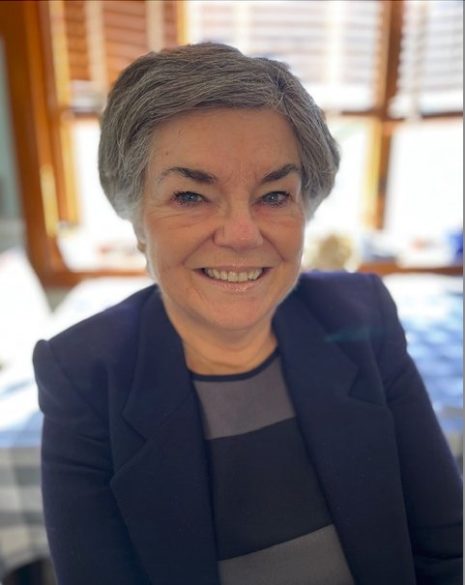
We’re stripping rooms to only the furniture the painters can easily cover. Everything else migrates to the attic, where I ask the inevitable question, “Where does all this stuff come from?” Photos, clothes, knick-knacks, piles of books, souvenirs. Gifts, family memorabilia.
Moving everything around has propelled me to want to declutter. Organize. Get rid of “stuff.” And deciding — what’s treasure and what’s “stuff?”
During this season leading up to Thanksgiving and Advent, this project becomes spiritual as well as material.
I have a spot by the window where I pray in the morning, and the approach of autumn — and now winter — stirs something within me.
Maybe in part it’s the turmoil in our country and world right now. It’s a time of seeing things pass, of letting go, of feeling a sense of uncertainty. I watch the lush green foliage that climbs up my neighbor’s garage. It turned bright red, then its leaves wilted and fell. Now only the naked stems remain.
This is the cycle of life, I remind myself. Things pass away. I feel that cycle now more clearly as I get older. I don’t say that in a gloomy way; I see opportunity in the paring down, the digging through the junk to the essentials, whether in my overburdened attic or in my overburdened soul.
And my faith teaches me to remember that seeds are falling into the dormant soil, seeds of rebirth.
Lately, I have begun praying each morning with the day’s Scripture. I read slowly, and I stop when something touches me specifically. Some days, I find the readings less inspiring or more difficult than other days, but I dig for the nuggets, and I let the prayer follow.
St. Paul tells me, “The Spirit comes to the aid of our weakness; for we do not know how to pray as we ought, but the Spirit intercedes with inexpressible groanings.”
I sense that groaning as the darkness encroaches and the air grows colder. I sense it as I peruse my attic room. How can I connect my morning prayer to this room, this collection of my life? How can I know what to let go?
Just this morning, I gave a friend some old issues of a Catholic magazine. I still had them tucked away as I was going to “finish” them — someday. She was delighted. Move on, I remind myself. The next issue will be in the mailbox soon.
Simplify, my prayer tells me. As Christmas beckons, I face the inevitable shopping list, and I pray about how to pare down, to simplify, to make gifting more about experiences than about more plastic and more stuff. This is an environmental and moral issue.
Sort, throw, save, give away. Make room for those things valued most. As I write these words, I see how they pertain both to the clutter and detritus of my material goods, but also to the clutter of my interior life, my soul.
Buy less. Give more. Worry less. Pray more.
There’s peace in sitting in the morning silence, seeing the naked stems of a once flourishing plant and realizing this, too, brings me joy.
(Effie Caldarola is a wife, mom and grandmother who received her master’s degree in pastoral studies from Seattle University.)

